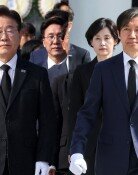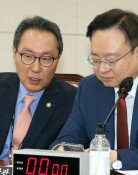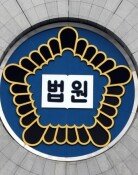Idol outcast
The Internet is heated with debates over an alleged outcast in the Korean pop group T-ara. The controversy started with group members tweets that criticized rapper Hwa-young for not joining the groups concert in Tokyo. A website named We Urge the Truth from T-ara attracted 300,000 subscribers in just three days. Of course, an idol group can see conflict among members. As the groups managing agency announced the termination of its contract with Hwa-young, however, the general public seems empathetic toward her.
T-ara is not alone in the so-called "idol outcast" controversy. Girls Generation, Kara, Wonder Girls and After School have had similar cases. Seo In-young, a former member of the girls` group Jewelry told a TV show last year, I was ostracized by other members when I was with Jewelry. She said she said hi to other members but they did not respond and later criticized her for not saying hello to them. In response, the groups fans committed cyber bullying on other members personal websites. Then group member Cho Ha-rang said on her website, Please dont kill a person without properly knowing the situation.
The entertainment community says an outcast can appear at anytime because idol group members are young and under a lot of stress due to competition. If a member stands out or fails to perform, other members might pressure him or her. Older members can also ostracize a new member. Hwa-young had just joined the group. There are outcasts at school, in the workplace and in the military. An idol group without an outcast is but a fans dream. The outcast phenomenon is relevant to a social environment where people dislike an arrogant and outstanding person rather than accepting his or her uniqueness.
Celebrities must give up their privacy and convenience because of their popularity. The society is not healthy, however, if it invades their privacy too much and put a blemish on them to find the truth as was the case with the controversy over Tablo, a Korean celebrity who was unjustly accused of falsifying his academic background. The T-ara matter seems to be focused on bullying but the groups managing agency, which failed to manage conflict among those in their late teens and early 20s, should be held responsible.
Editorial Writer Chung Sung-hee (shchung@donga.com)
Headline News
- Israel prepares for retaliation against Iran
- Samsung reclaims top spot, surpassing Apple in smartphone market
- 77% of Koreans in 20s and 30s are 'Kangaroo Tribe' due to job crisis
- KBO referees embroiled in controversy over ABS decision concealment
- Inflation, oil price surge put double shock on global economy







